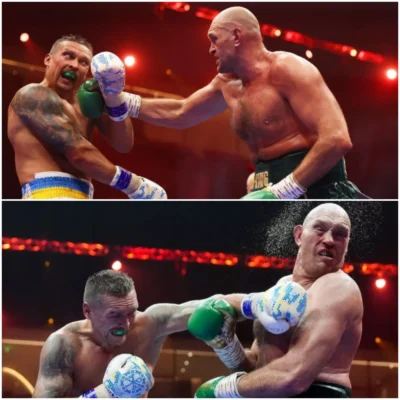It Ends With Us Star Justin Baldoni Details Having a “Near Breakdown” Amid Filming
Justin Baldoni’s portrayal of Ryle Kincaid in It Ends With Us had an unexpectedly profound impact on him, both emotionally and mentally. While filming, Baldoni, who also directed the film, found himself deeply affected by his character’s intense emotional turmoil, especially when it came to portraying Ryle’s abusive tendencies. He disclosed that the experience was so taxing that it often left him with a sense of overwhelming emotion, causing him to step off set on multiple occasions to regain his composure.

Baldoni’s character is a man struggling with jealousy, insecurity, and control, often leading to explosive, destructive actions. One scene in particular—where Ryle finds a phone number in his wife Lily’s phone and reacts with fury—triggered a deeply emotional reaction from the actor. He explained that after filming that moment, he felt an intense urge to leave the set, where he had to shake off the emotions, crying and releasing the tension. The actor admitted that even the physical process of shaking off the character’s weight helped him manage his emotional state during the production.
While playing such an emotionally and morally complex character, Baldoni found himself unexpectedly channeling some of the pain and turmoil of Ryle’s internal struggle. This challenge was compounded by his dual role as both actor and director, which he described as a “lonely” position. He had to be the leader, making key decisions while maintaining the emotional stability necessary for a high-pressure, intense film. However, this left him with few people to turn to for support. Baldoni acknowledged that directing a film is isolating because, despite the fact that everyone on set looks to you for answers, you have limited opportunities to express any doubts or vulnerabilities.
Baldoni’s reflections on his role in It Ends With Us point to the mental and emotional toll such a demanding character can take. His openness about this struggle is a reminder of the often hidden emotional labor that actors invest in their roles, particularly when they deal with complex and challenging material like domestic abuse. 
His vulnerability throughout the filming process and his honesty about the difficulties of balancing the weight of his character’s emotional state with his responsibilities as a director only enhance the authenticity of his performance.
The emotional strain Baldoni experienced while filming has led to broader conversations about the mental health of actors and the importance of addressing difficult themes such as abuse. His experience highlights the necessity of mental wellness and support during the filmmaking process, especially when navigating the heavy themes in a movie like It Ends With Us, which deals directly with toxic relationships and their emotional aftermath.














Post Comment